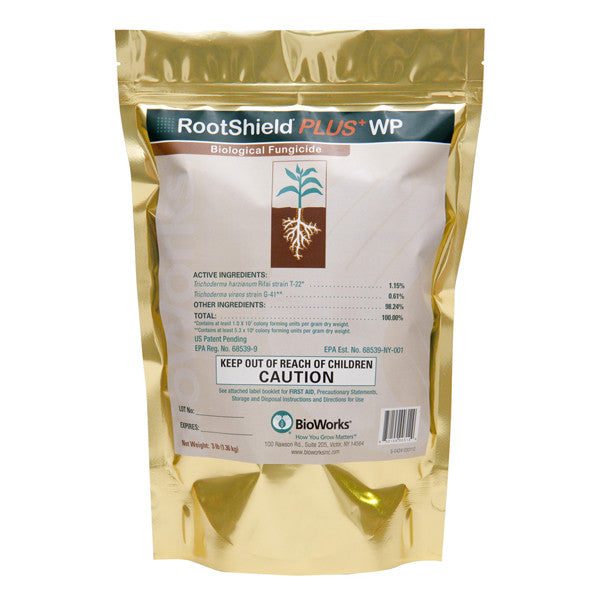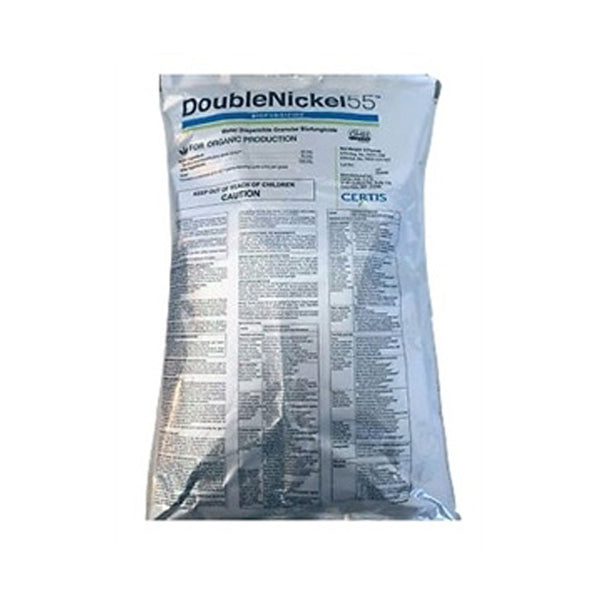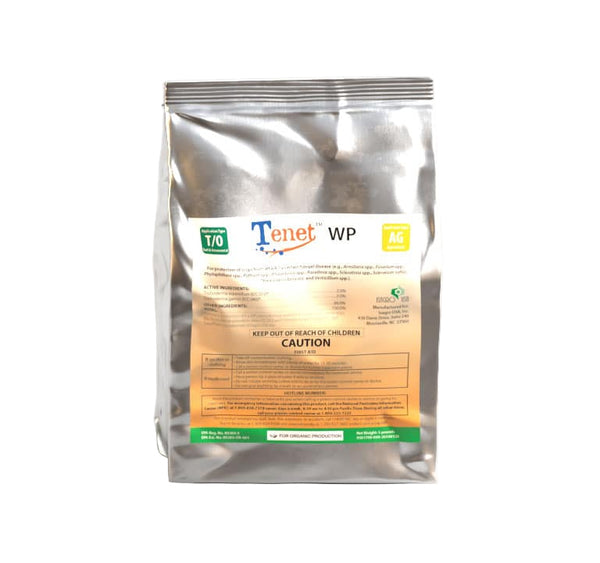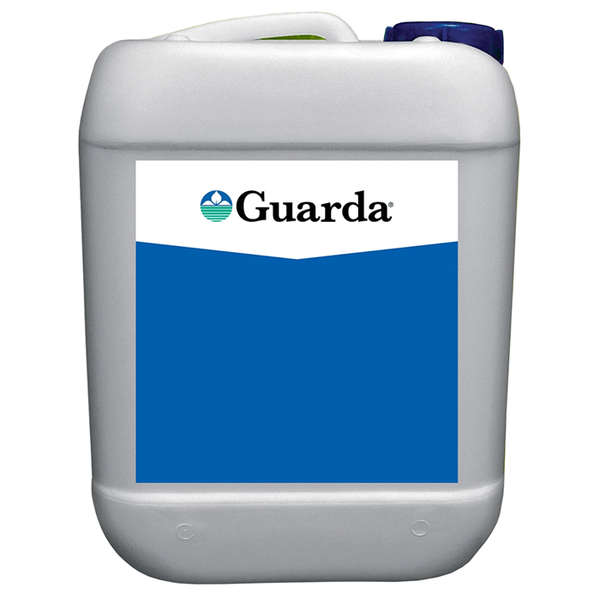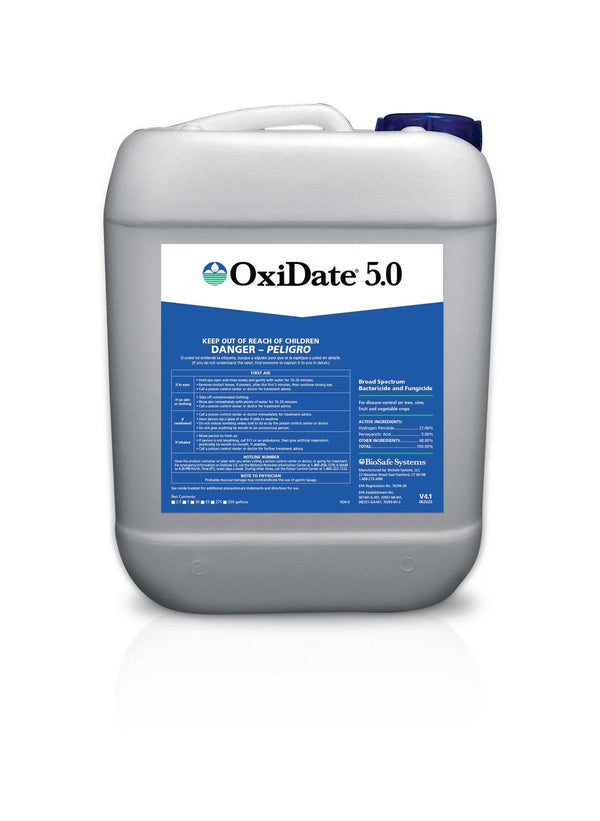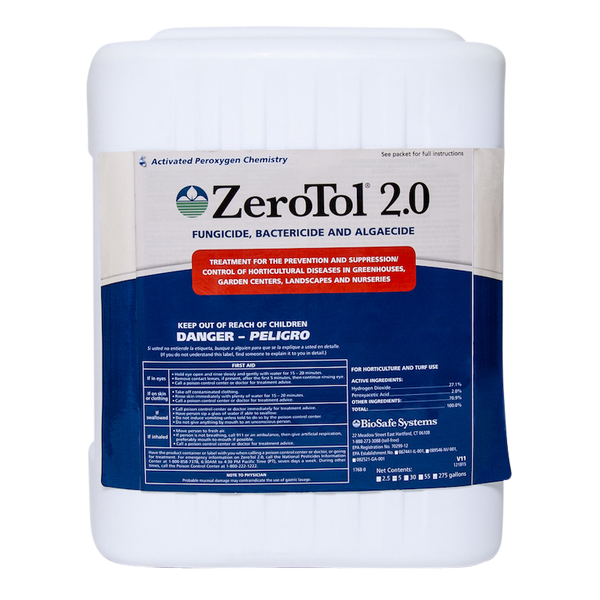Thielaviopsis Control
Shop Below for Thielaviopsis Control
Also known as black root rot, this disease primarily affects ornamental crops. It is an opportunistic pathogen that attacks plants under stress. It occurs year-round during times of temperature stress and high pH. Symptoms are chlorotic lower foliage, poor rooting, stunted growth, blackened roots and rotted root hairs and secondary roots.
Theilaviopsis is a waterborne fungus which enters plant roots through wounds or natural openings, establishing itself in the root cortex. Growers with circulating water systems need to be very careful with regular clean outs and sanitation protocols. Flood bench irrigation can be a very dangerous vector of spores.
Susceptible crops are pansy, petunia, calibrachoa and vinca. Thielaviopsis is spread by splashing water from infected plants and by fungus gnats and shore flies. Properly spacing plants and elevating plants off the ground will help stop the spread of this disease, as well as sanitizing irrigation equipment, benches, floors and mats. Preventing fungus gnats and shore flies with beneficial nematodes, the rove beetle Dalotia and the predatory mite Stratiolaelaps will also help stop Thielaviopsis.
Biological fungicides for Theilaviopsis control include Rootshield Plus, Double Nickel, Guarda, Tenet, BioTam and ZeroTol.
Visit the UConn extension article on Black Root Rot in the Greenhouse for more information.


